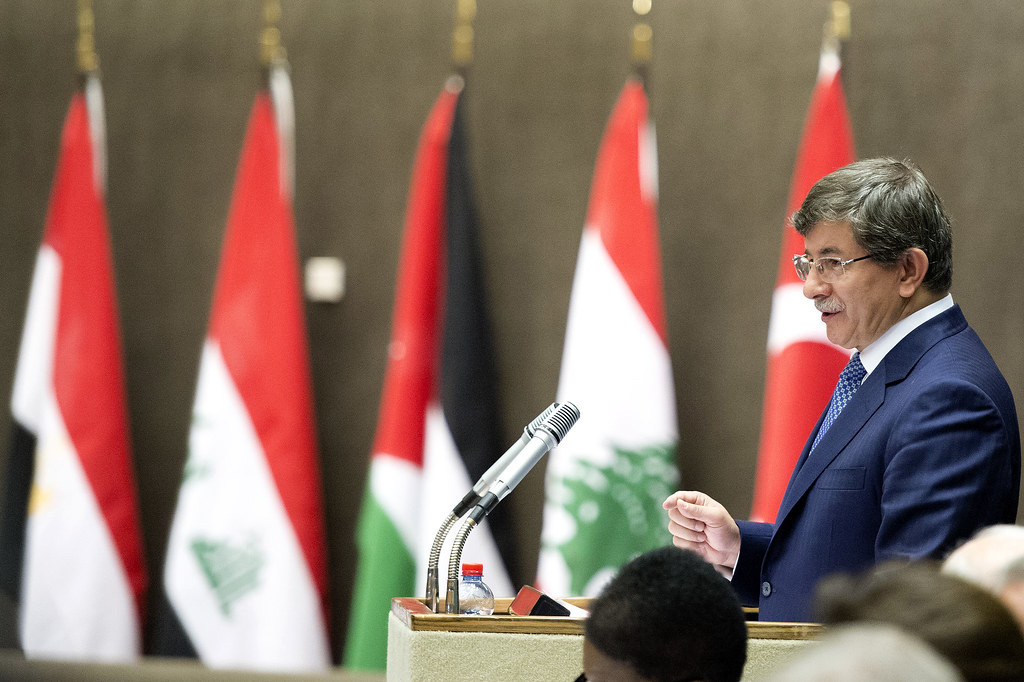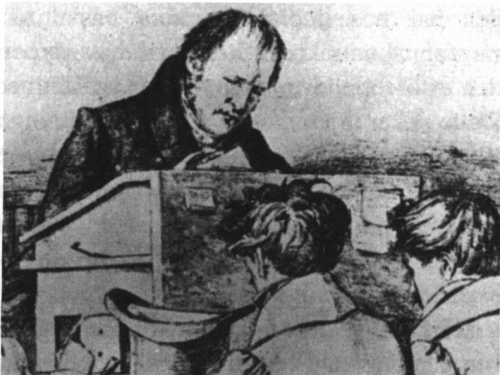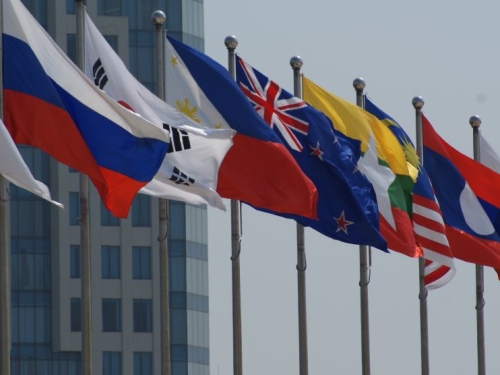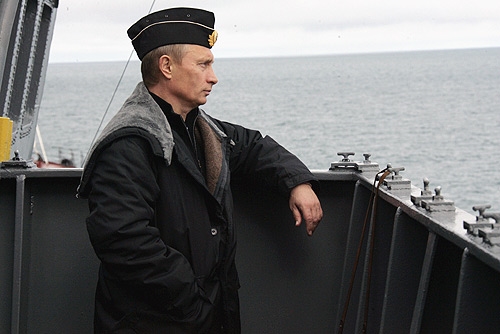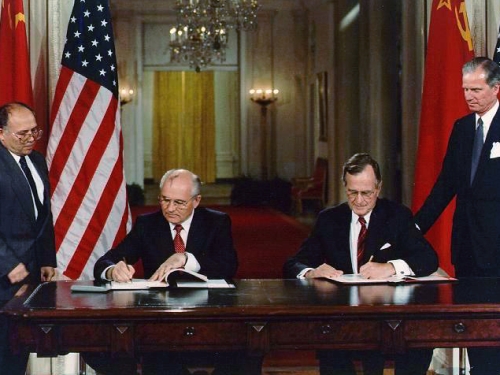
A quarter of a century has passed since the end of the Cold War. In the West, a new generation of leaders is in power, most of whom had little personal involvement in the East-West standoff that defined international politics for most of the post-1945 era. By contrast, Russia has been under the stewardship of a leader who came of age politically with the fall of the Iron Curtain. Mikhail Gorbachev recently warned that a new Cold War is emerging. But what, if any, are the links between the events of 1989 and Russia’s intervention in Ukraine in 2014? Can we make sense of Europe’s renewed confrontation with its eastern neighbour by peering into the past? Reflection on the events of 1989 sheds light on those of 2014 in two ways: by illustrating how Vladimir Putin’s personal experiences of the end of the Cold War have shaped his foreign policy priorities, and by highlighting the importance of Mikhail Gorbachev’s acceptance of the Helsinki principle in shaping the post-Cold War European order.

